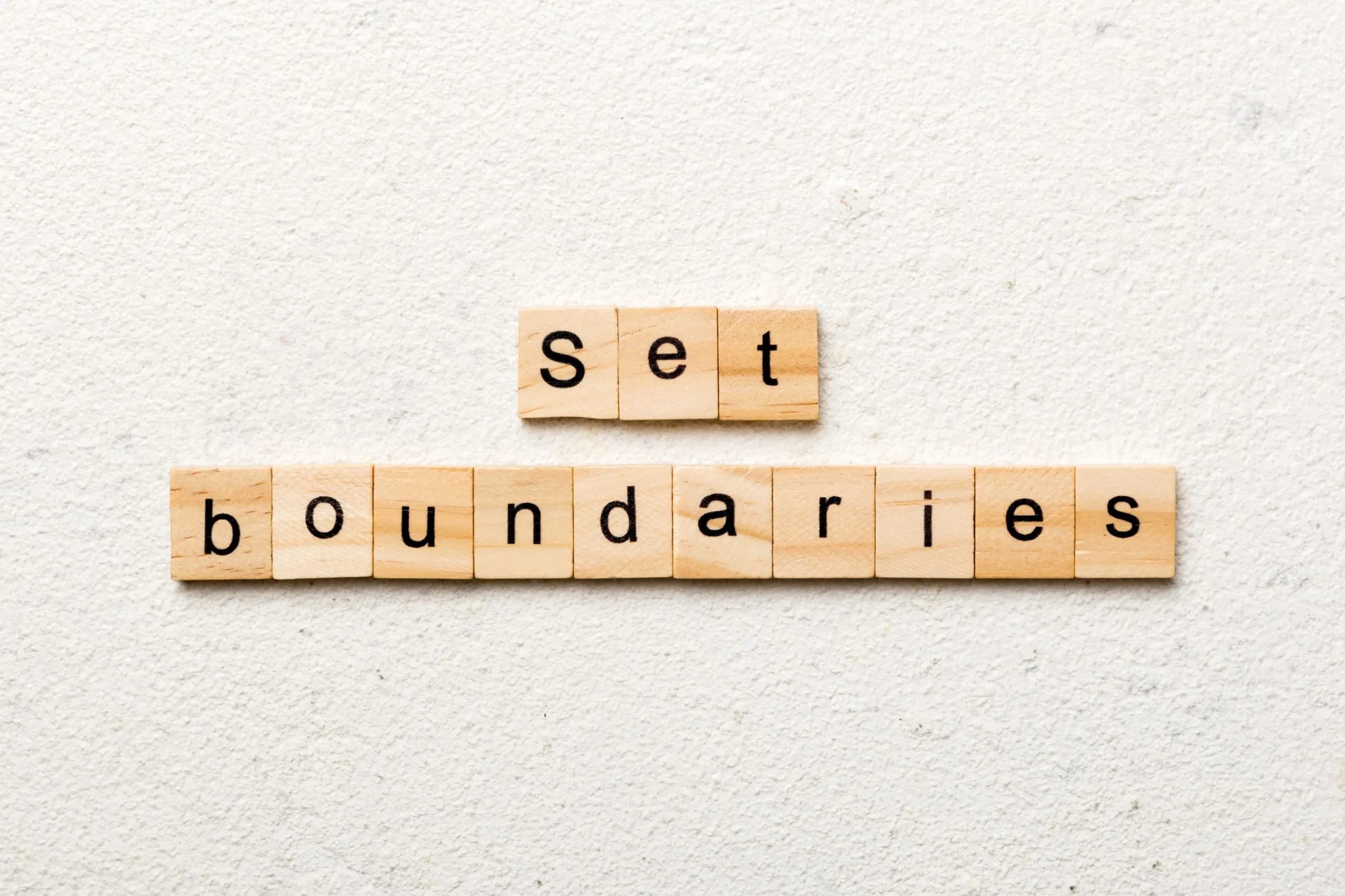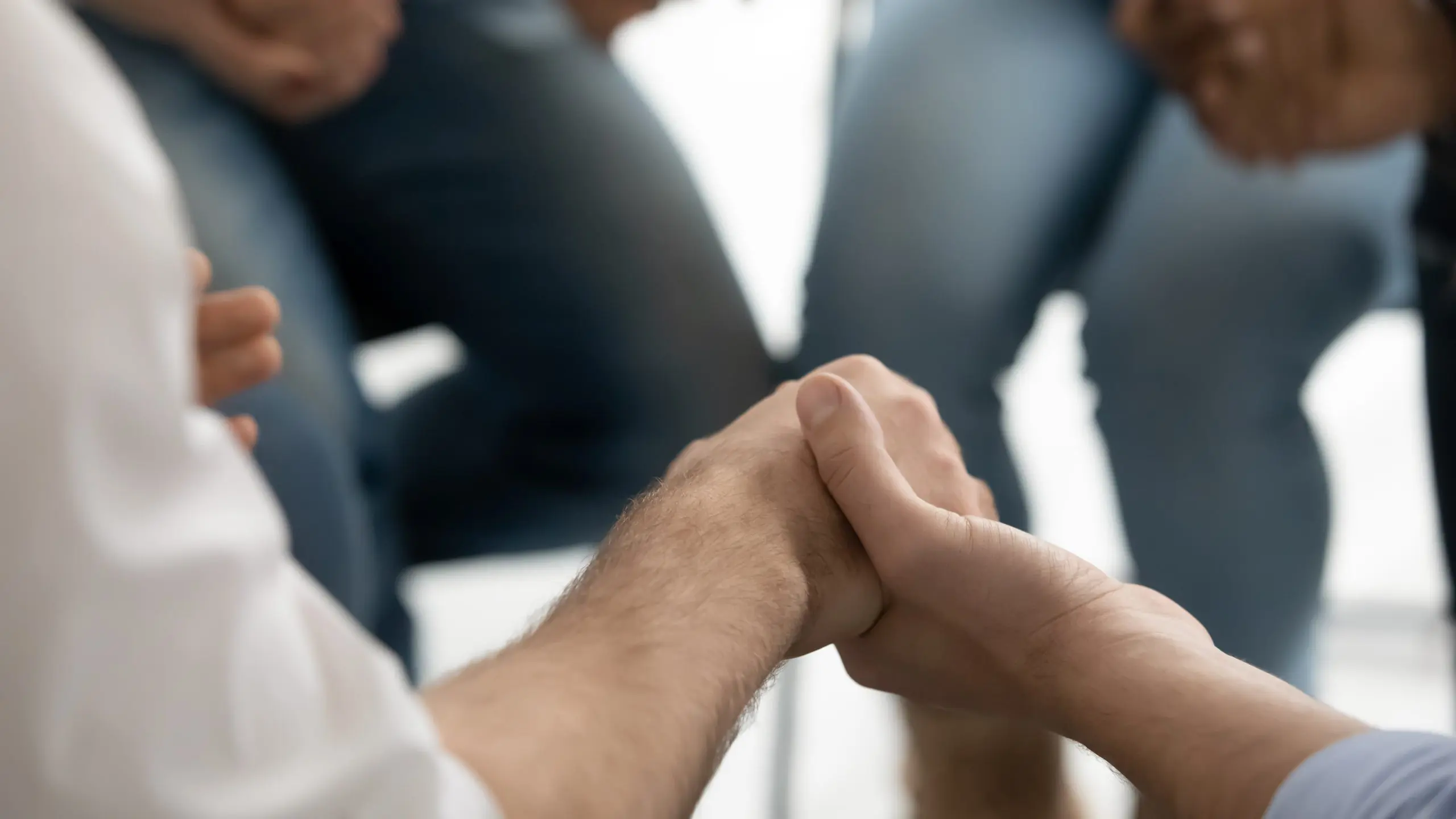

TL;DR: Whether to start dating in recovery depends on timing, stability, and support. Below you’ll find pros and cons, a readiness checklist, boundaries to set before you date, and how Uplift can help you keep sobriety first.
Choosing if and when to begin dating in recovery can shape your stress level, routines, and relapse risk. The goal isn’t “never date”—it’s dating with clarity so your program stays first.
New relationships can boost mood and motivation—but they also add strong emotions, schedule changes, and exposure to substances in social spaces. Evidence-based care emphasizes structure, coping skills, and support networks in early sobriety (see NIDA; SAMHSA). Dating choices should fit within that structure, not replace it.
Use this brief list before you pursue dating in recovery:

Decide in advance so you’re not negotiating in the moment:
We help you align relationship choices with your recovery plan. Explore Treatments, start with Therapies, or reach out via Contact. In therapy, you can role-play scripts, identify triggers, and map a weekly schedule that makes room for connection—without losing structure.
Dating in recovery can be positive when your routines are stable, boundaries are clear, and your support system stays active. If those pillars wobble, pause dating and reinforce the basics first.
Talk to our team about safe, realistic next steps. Visit Admissions or Contact us to get started.


Please complete the form below for Insurance Verification. Our Admissions team will get back to you shortly.
Unfortunately, we are unable to accept Medicare or Medi-Cal at this time.
Confidential | Cost Free | No Obligations
Please complete the form below for Insurance Verification. Our Admissions team will get back to you shortly.
Unfortunately, we are unable to accept Medicare or Medi-Cal at this time.
Confidential | Cost Free | No Obligations